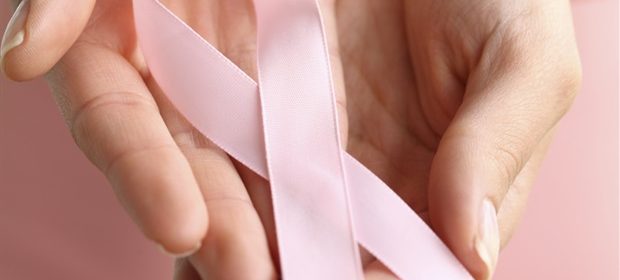Mastitis and Breast Cancer

Women who develop mastitis often fear they are at risk of breast cancer, which may either occur alongside mastitis symptoms or mimic them. Careful examination of any symptoms is therefore required to ensure that no cancer is present in the breast.
Mastitis is common among breastfeeding mothers and is caused by a build-up of milk in the breast, referred to as milk stasis.
The risk of breast cancer is significantly lower in women who breastfeed than in those who do not and there is no increase in lifetime risk with increasing episodes of mastitis. However, mastitis can delay the diagnosis of breast cancer and therefore treatment, which can lead to a more negative patient outcome.
Women who are not completely free of all mastitis symptoms within 5 weeks of diagnosis should be thoroughly examined for the presence of breast cancer. The symptoms that should have resolved within this timeframe include nipple discharge, hardness or lumps in the breast, redness and swelling.
Some studies suggest that the risk for noninflammatory breast cancer is increased within a year of mastitis developing that is not related to pregnancy or breastfeeding. This form of mastitis is referred to as nonpuerperal mastitis. In cases of this condition, special follow-up care is recommended to carefully monitor patients using preventative screening techniques.
Due to the short time period between nonpeurperal mastitis and inflammatory breast cancer developing, experts suspect that precancerous lesions play a role in triggering inflammation rather than inflammation contributing to the development of cancer.
Sources
- http://www.nhs.uk/Conditions/Mastitis/Pages/Introduction.aspx
- http://whqlibdoc.who.int/hq/2000/WHO_FCH_CAH_00.13.pdf
- http://www.bfmed.org/media/files/protocols/protocol_4mastitis.pdf
- www.beststart.org/…/Infection_Fact%20Sheets_Eng_rev2.pdf
- http://www.breastfeeding.ie/uploads/files/factsheet04.pdf
Further Reading
- All Mastitis Content
- What is Mastitis?
- Mastitis Symptoms
- Mastitis Diagnosis
- Mastitis Causes
Last Updated: Feb 27, 2019

Written by
Dr. Ananya Mandal
Dr. Ananya Mandal is a doctor by profession, lecturer by vocation and a medical writer by passion. She specialized in Clinical Pharmacology after her bachelor's (MBBS). For her, health communication is not just writing complicated reviews for professionals but making medical knowledge understandable and available to the general public as well.
Source: Read Full Article